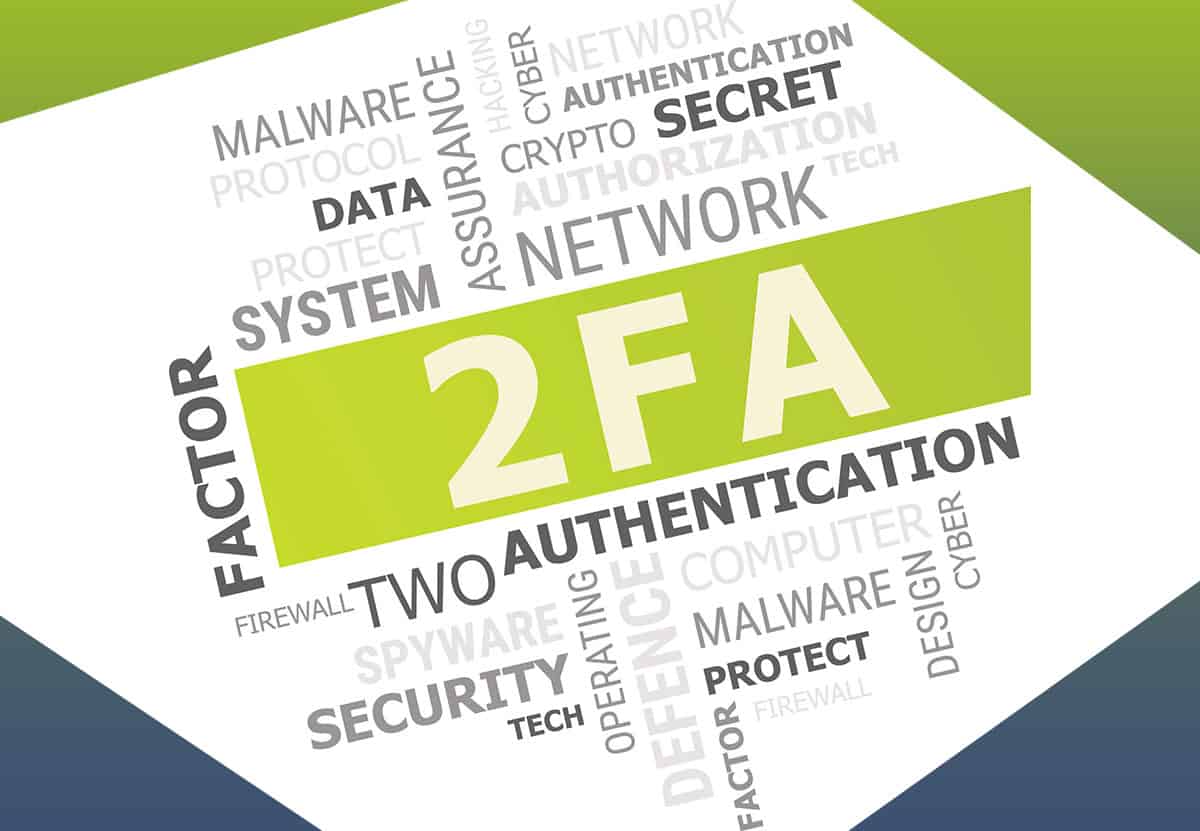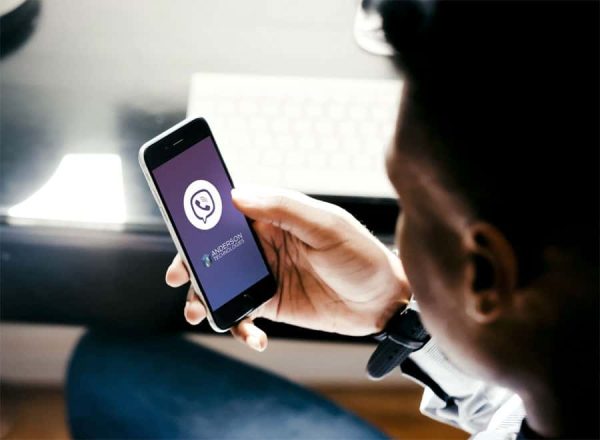What do logging into Netflix from a new device, updating your PayPal account information, answering questions about your first car before accessing your iTunes account, and withdrawing money at an ATM all have in common? Authentication!
The National Institute of Standards and Technology (NIST) creates guidelines for passwords and the software that requires them, which Anderson Technologies has previously discussed. Technology is still changing to adopt these standards, so it is up to us to take cyber security into our own hands—and that includes business security practices. The most commonly used and overlooked of these measures is password safety and authentication.
Hackers are great at keeping up with technology, so as consumers and business owners, we must keep up with it as well to stay safe. Multi-factor authentication (or MFA) has been around for years, and it’s so common that we take advantage of it more than we might realize. MFA remains one of the strongest defenses surrounding our digital lives.
What Does MFA Look Like?
You’ve probably already encountered MFA without realizing it. Any website that utilizes verification codes or emails is using a form of MFA. A task as simple as changing your Apple ID requires MFA to confirm the new information. With the prevalence of data breaches across the globe, MFA can protect your account even if your password is compromised.
MFA as it applies to your business’ safety most often takes the form of software that requires a user to provide two forms of evidence proving they are authorized to access the system. This includes security codes, verification emails, security questions, and biometric software. Physical security keys, such as Yubikey, can be used as an identifier and ensure only the person with the device can access the accounts.
Applications like Google Authenticator or Authy can also be attached to countless logins by connecting your account information. Validated access to your account (your email, for example) is established with a unique QR code or numerical key that securely connects your mobile device. From that point forward, logging into the site requires not just your standard user name and password but also a randomized six-digit code available only on your device. This code refreshes every 30 seconds for even greater security.
Some sites and servers have their own internal methods of verification, and other MFA methods may require special hardware, such as badge readers. These are useful for businesses and organizations that use specialized systems to access confidential databases. This includes cashiers logging into their retail system or technicians scanning an ID card to pull up your file during a dentist visit.
What Are the Benefits of MFA?
If hackers get their hands on your login credentials, it’s easy to mine data from your other accounts. MFA acts as a barrier to the hacker by confirming the identity of the user attempting to login through secondary security measures. In this way, even if your password was compromised, it would be useless without physical access to your authentication device or account.
MFA is beneficial for companies who have employees on the go or working remotely. Using multiple layers of authentication allow remote employees to securely access encrypted data from unfamiliar networks and devices.
The inconvenience of needing two forms of verification no longer outweighs the risk of account compromise and the damage that it can cause. Cybersecurity researchers continue to develop new ways to eliminate the need for passwords and for more secure methods, making MFA smoother and more efficient to adopt. Circumvent the hassle of implementing this essential security tool by choosing software and services with authentication standards that connect to a user’s workstation rather than simply requiring a secondary device.
What Are Some Challenges to Integrating MFA?
Resistance to change is one of the tallest hurdles when integrating MFA into your business networks. Though MFA usually uses devices your employees already have (like their smartphones), some see MFA as inconvenient or time consuming. This is rarely the case when using simple applications.
MFA goes hand-in-hand with the Zero Trust security model, a tool that requires authentication at every step of the login process. New security concepts can be challenging to introduce in the workplace but, like all new plans of action, the multiple verifications will become second nature. Your company will greatly benefit knowing your data is secure.
You may find it valuable to coordinate with a managed services provider when integrating MFA to internal networks, especially if your needs require special enterprise-grade hardware. An IT support team can provide training to ease the transition for your employees, some of whom may be hesitant or feel they don’t have the time to properly implement MFA across all their accounts.
With a little practice and an IT team behind your business’s transition, MFA doesn’t have to be intimidating or bothersome—and the benefits are invaluable. For more information on how to keep your business safe using MFA, contact Anderson Technologies today at 314.394.3001.





